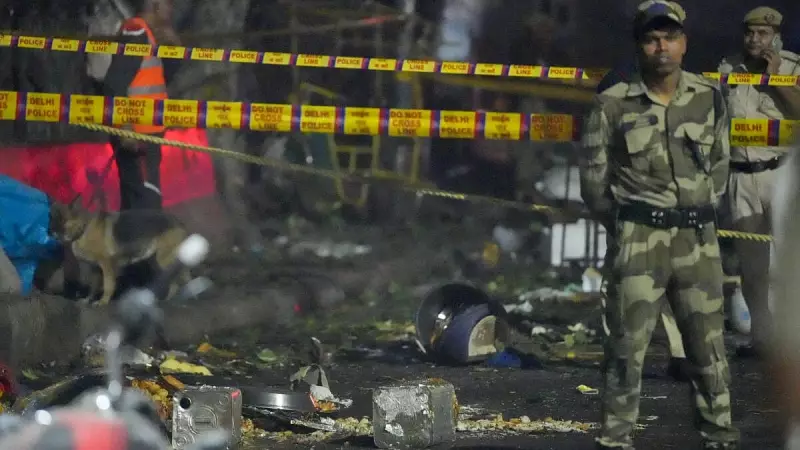
In a significant counter-terrorism operation, the Srinagar police has successfully dismantled a sophisticated 'white collar' terror module that had been actively scouting for potential suicide bombers since the previous year. The breakthrough investigation was led by Senior Superintendent of Police Dr. G.V. Sundeep Chakravarthy, who coordinated the operation that exposed the dangerous network.
The Investigation Breakthrough
According to official statements released on November 16, 2025, the police team under Dr. Chakravarthy's leadership managed to uncover the entire operational structure of what authorities are calling a 'white collar' terror module. This designation indicates the involvement of educated, professionally employed individuals in planning and coordinating terrorist activities, marking a disturbing evolution in terror tactics in the region.
The module had been operating discreetly for an extended period, with intelligence revealing that recruitment efforts for a suicide bomber had been ongoing since last year. The discovery highlights the persistent threat of radicalization and the sophisticated methods employed by terror networks to identify and groom individuals for violent missions.
Module Characteristics and Operations
Unlike conventional terror cells that often rely on overt methods, this 'white collar' module utilized more subtle approaches to avoid detection. The individuals involved typically held respectable positions in society, allowing them to operate under the radar while planning their dangerous activities.
Police officials emphasized that the module's primary objective was to identify, recruit, and train a suicide bomber for a major attack. The extended timeline of their operations—spanning more than a year—demonstrates both their determination and the challenges faced by security forces in detecting such well-concealed networks.
Security Implications and Response
The successful dismantling of this module represents a major victory for Kashmir's security forces and intelligence agencies. It also underscores the evolving nature of security threats in the region, where terror groups are increasingly recruiting from educated and professional backgrounds.
Security experts note that such 'white collar' modules pose particular challenges for law enforcement agencies, as their members often lack previous criminal records and can leverage their social standing to avoid suspicion. The Srinagar police's ability to penetrate this network demonstrates improved intelligence-gathering capabilities and inter-agency coordination.
Authorities have intensified security measures across the region following this discovery, with particular focus on monitoring radicalization attempts among vulnerable populations. The investigation continues as police work to identify all individuals connected to the module and prevent any potential security breaches.





